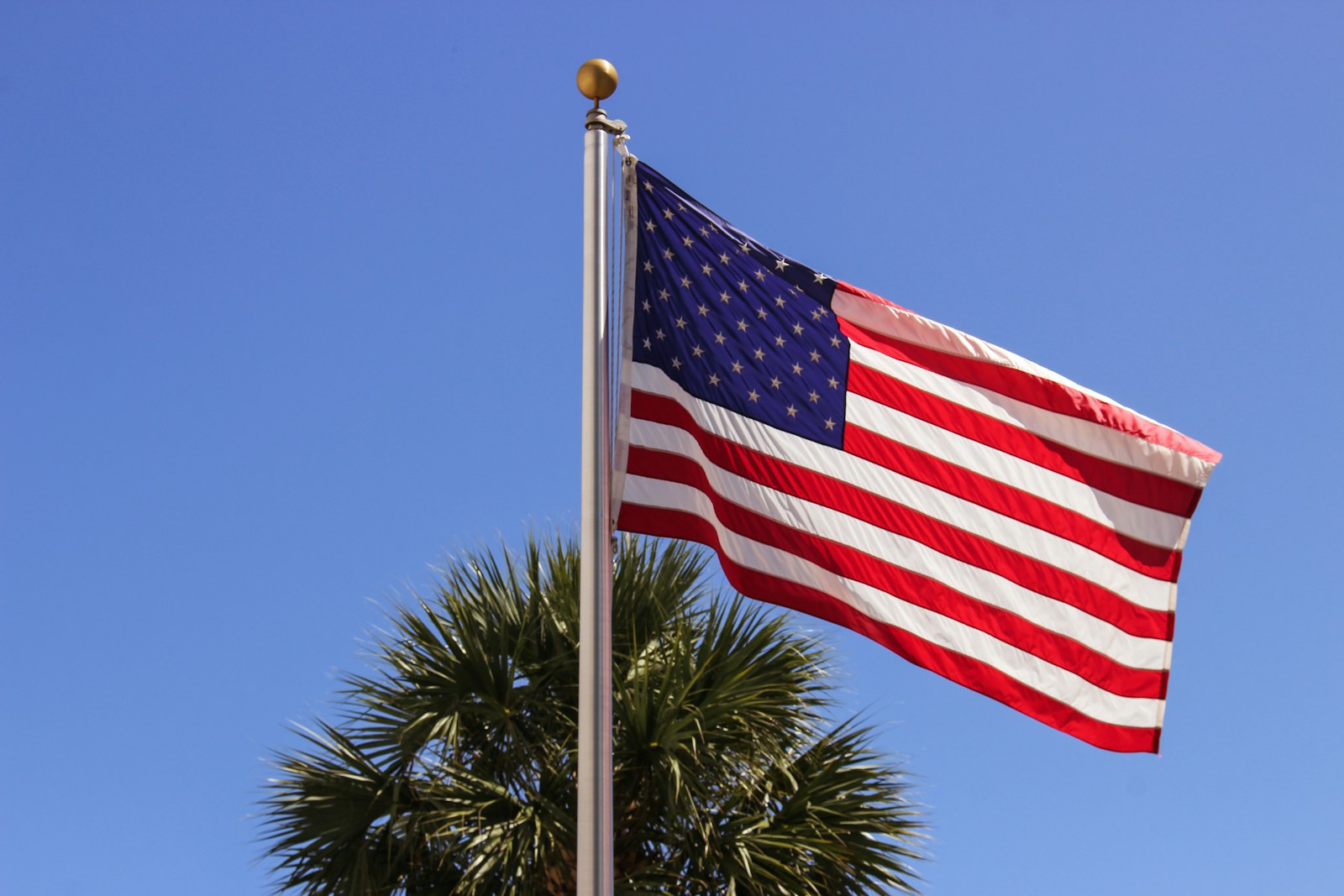Key Takeaways
• The United States is shifting from a strong democracy toward more power in a few hands.
• Voter limits, gerrymandering, and big money in politics weaken American democracy.
• Presidents have gained more control through orders and “emergency” rules.
• Mass spying and militarized police challenge free speech and peaceful protest.
• Citizens can help by voting in every race, speaking up, and supporting fair reforms.
For decades, people called the United States a shining example of freedom. Yet today, American democracy is under real threat. Experts see the country drifting toward an “authoritarian drift,” with power growing in the hands of a few. If this trend continues, the freedoms we value may slip away.
Why American democracy Matters
Democracy means people choose leaders and laws. In a strong democracy, every citizen’s voice counts. Moreover, protections like free speech and fair trials keep government in check. Therefore, people can trust leaders and follow rules. However, when democracy weakens, fear and unfair rules can take over. That is why defending American democracy matters for everyone.
Signs of authoritarian drift in American democracy
Voter limits and gerrymandering
For example, strict voter ID rules and roll purges make it hard for many to vote. In some states, officials redraw maps so one party wins more seats. As a result, elected leaders can ignore most citizens’ wishes. When votes lose weight, ordinary people feel helpless.
Big money in politics
Since 2010, groups and billionaires can spend unlimited cash on campaigns. Consequently, politicians focus on wealthy donors over average voters. Moreover, research shows ordinary Americans have almost no sway over public policy. That trend pulls power away from the majority.
Executive overreach
Over time, presidents have claimed more power. After 9/11, Congress gave the White House wide war powers. Since then, presidents use orders and “emergencies” to bypass lawmakers. In addition, drone strikes without court review show how one office can act alone. This growth of power mirrors how authoritarian states operate.
Mass surveillance and militarized policing
Leaked documents revealed huge spy programs that watch citizens’ calls and messages. At home, police use armored vehicles and tear gas against protesters. From Occupy Wall Street to Black Lives Matter, authorities have often treated peaceful crowds like enemies. These moves erode trust and hint at a permanent state of emergency.
Erosion of basic rights
Free speech exists mostly on paper. Whistleblowers faced harsh jail time for exposing government misconduct. Voting rights suffered after key court decisions removed guardrails against unfair laws. Even medical choices now fall under strict state control in many regions. All these steps chip away at personal freedom.
How power has shifted in American democracy
The growth of executive control
Presidents from both parties have helped push power toward the White House. For instance, World War I saw new federal rules and laws that punished critics. More recently, leaders acted on security fears to stretch their reach. As a result, the balance between branches of government tilts toward one person.
A stalled Congress and corporate influence
Meanwhile, lawmakers struggle to agree across party lines. Gridlock lets lobbyists and corporate donors fill the gap. In the Senate, small states hold equal power with big ones, despite huge population gaps. This setup lets a minority drive key decisions. Hence, ordinary voters find their impact is limited.
A global empire that shapes home policy
With hundreds of bases around the world and vast military budgets, the U.S. acts like an empire. Decisions to go to war often skip full debate. This “permanent war” mindset justifies spying and strong police tools at home. As a result, ideas from abroad help normalize tougher rules here.
What can citizens do to save American democracy
Vote in every race
Local school boards and city councils affect daily life. Moreover, state legislatures draw maps that shape national power. Therefore, voting in all elections is essential. Even a few ballots can tip the balance.
Speak up and stay informed
Contact your representatives. Share clear ideas on fairness, rights, and spending. In addition, join nonprofit groups that watch for abuses of power. These steps amplify your voice.
Support fair reforms
Push for rules that limit big money in politics. Demand independent commissions to draw voting maps. Ask for real oversight of spying programs and police tactics. By backing these changes, you help protect freedom.
Make choices as a consumer and investor
Buy from companies that act responsibly. Avoid those that support unfair laws or misuse data. As a result, businesses learn that democracy matters to their customers.
Restore balance and rebuild trust
Encourage leaders to respect courts and Congress. Challenge fear-based messages about outsiders. When people unite across backgrounds, democratic bonds grow stronger.
Conclusion
American democracy still has elections and laws. Yet power is shifting toward elites, not voters. If citizens stay silent, the country may lose its free spirit. On the other hand, active participation can turn the tide. By voting, speaking out, and backing fair rules, we can push back against the authoritarian drift. Our democracy depends on our shared effort. Let’s not let it slip away.
FAQs
What does “authoritarian drift” mean?
It describes how a democracy slowly adopts more central power and fewer checks on leaders. Over time, this shift can erode citizens’ freedoms.
Why is voting in local races so important?
Local offices decide school policies, zoning, and election rules. These decisions shape how much power each vote holds in bigger races.
How does big money hurt our democracy?
When wealthy donors and corporations spend freely on elections, politicians focus on their interests. This leaves average voters without a real say.
Can ordinary people really change things?
Yes. History shows that organized, informed citizens can win fair rules and protect freedoms. Every action, big or small, adds up to real change.
